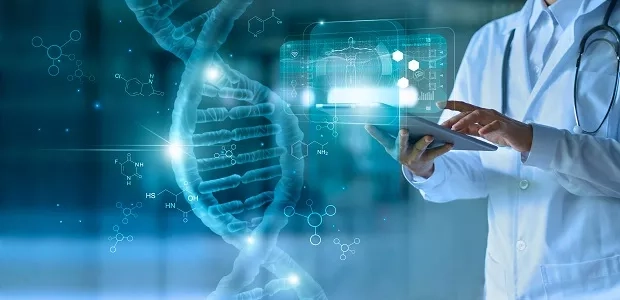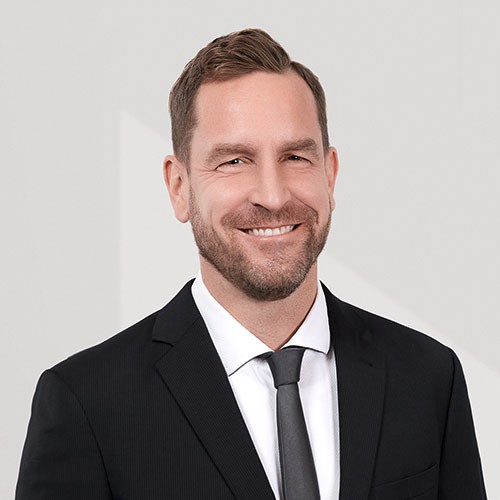Medical Work at the Munich Leukemia Laboratory
What does it mean to be a doctor at the Munich Leukemia Laboratory? We are repeatedly confronted with the most diverse ideas that mainly have one thing in common: They do not correspond with reality. For example, pipetting samples has never been part of a doctor’s work, let alone in times of full automation. Nor is a PhD or other academic awards a prerequisite for working at MLL in any way. The following article intends to paint a realistic picture of medical work at MLL.
<!--[if gte mso 9]>
We
have already reported on the role of doctors at MLL in the past. However, just like
our diagnostic methods, medical work here is also subject to the changes of
time and progress.
Interfaces between Diagnostics and Clinical Routine
Thus, a doctor at MLL functions as a highly interesting interface between hematological laboratory diagnostics and clinical application as targeted patient care.
A Special Workplace
“In my first few weeks here, I was able to examine a range of hematological neoplasms that would not have come up at a clinic even over a period of years,” explains Prof. Dr. Rainer Ordemann, who moved to MLL from UK Dresden in 2020. “The combination of clinical activity with state-of-the-art diagnostic and IT-based methods gives a vivid impression of the medicine of tomorrow.”
Insights into the Future of Medicine

Nevertheless, the following applies with regard to research activities: Everything is possible, but nothing has to be. Those who feel at home in patient care and diagnostics are just as welcome as ambitious scientists.
Anyone who changes over to MLL from a clinic or practice today will certainly find a significantly different environment than what was true three, four, or five years ago. The constant development and innovation are continually changing the face of MLL, making it a more exciting place to work for hematologists than ever before. And, by the way, we offer an excellent work-life balance – in one of the most beautiful cities in Germany...
The author

»Do you have questions regarding this article or do you need further information? Please send me an e-mail.«
Dr. med. Christian Pohlkamp
Internist, Hematologist and Oncologist
Head of Cytomorphology
Head of Customer Care
christian.pohlkamp@mll.com